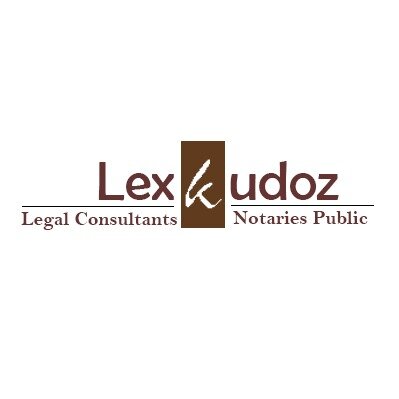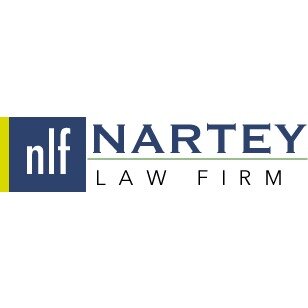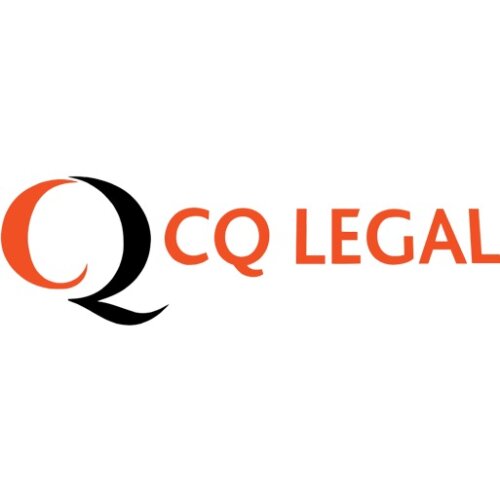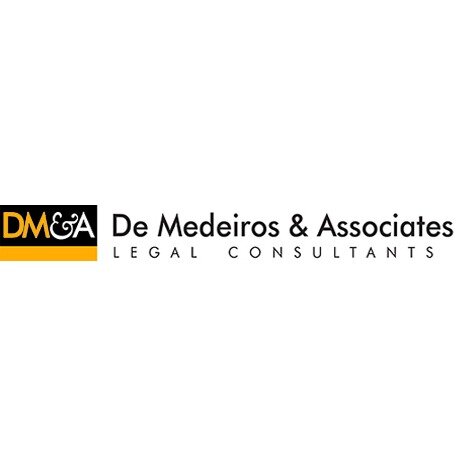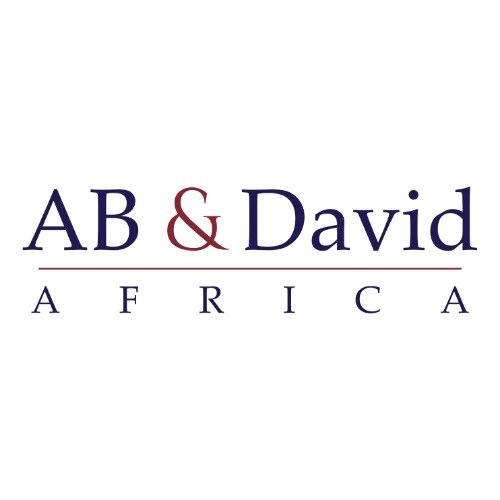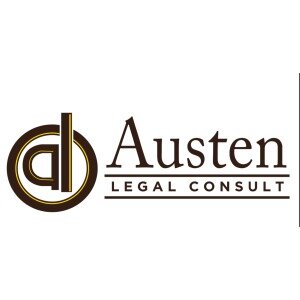Best Private Equity Lawyers in Ghana
Share your needs with us, get contacted by law firms.
Free. Takes 2 min.
Or refine your search by selecting a city:
List of the best lawyers in Ghana
About Private Equity Law in Ghana
Private equity in Ghana refers to investments made into private companies or the buyout of public companies that eventually result in a delisting from a stock exchange. Typically, these investments are made by private equity funds, venture capitalists, and institutional investors looking to achieve high returns by strategically managing and growing businesses. While the private equity market in Ghana is still emerging compared to more developed markets, it has been experiencing steady growth due to a stable political environment, an expanding middle class, and supportive economic policies. The field is regulated to ensure transparency, investor confidence, and the protection of local interests.
Why You May Need a Lawyer
Private equity transactions are complex and involve significant financial, legal, and regulatory considerations. Legal assistance is often required in the following situations:
- Structuring and setting up private equity funds or investments
- Conducting due diligence on target companies
- Drafting and negotiating investment agreements
- Ensuring regulatory compliance with local investment and securities laws
- Handling cross-border transactions and taxation issues
- Advising on exit strategies such as trade sales, IPOs, or secondary buyouts
- Resolving disputes among investors or with portfolio companies
- Protecting intellectual property and managing employment matters during acquisitions
A specialist lawyer can provide guidance that minimizes risks, maximizes deal value, and ensures compliance with all relevant Ghanaian legal requirements.
Local Laws Overview
There are several key legal frameworks and requirements relevant to private equity in Ghana:
- Companies Act, 2019 (Act 992): This Act governs the incorporation, management, and operations of companies in Ghana, including those involved in private equity.
- Securities Industry Act, 2016 (Act 929): Regulates the securities market and provides a framework for the registration and operation of securities exchanges, investment advisors, and collective investment schemes including private equity funds.
- Bank of Ghana Guidelines: These include regulations on foreign exchange and capital inflows, which affect private equity investments, especially when investors or investee companies are foreign entities.
- Ghana Investment Promotion Centre Act, 2013 (Act 865): Provides incentives and clarifies conditions for foreigners investing in Ghana, including through private equity.
- Tax Laws: Includes regulations regarding capital gains tax, transfer pricing, and withholding taxes that may apply to private equity transactions.
- Competition Law: The protection of fair competition is important for private equity transactions involving mergers or acquisitions that could affect market dynamics.
Understanding and complying with these laws is essential for the success and legitimacy of any private equity investment in Ghana.
Frequently Asked Questions
What is private equity, and how does it work in Ghana?
Private equity involves investing capital into privately held companies or purchasing public companies to take them private, with the aim of increasing their value and eventually selling them for a profit. In Ghana, private equity is growing, especially in sectors like agriculture, technology, and infrastructure.
Do I need local partners to set up a private equity fund in Ghana?
While there is no strict legal requirement for local partners, having local knowledge and connections can facilitate compliance, cultural understanding, and business growth.
Are there restrictions on foreign investment in private equity in Ghana?
Foreign investment is permitted but regulated. Investors must comply with registration requirements and sector-specific limitations, particularly in certain strategic areas reserved for Ghanaians.
How are private equity transactions taxed in Ghana?
Taxation can include capital gains tax, withholding tax on dividends, and corporate income tax. Tax rates and obligations depend on transaction structure and whether parties are resident or non-resident.
Are there specific regulations for private equity fund formation?
Yes, private equity funds must comply with the Securities Industry Act, including registration or licensing, and ongoing disclosure and reporting requirements.
What is due diligence in the context of private equity?
Due diligence refers to a comprehensive appraisal of a target company’s assets, liabilities, commercial prospects, and legal compliance prior to investment.
Can a lawyer help in negotiating terms with investors or portfolio companies?
Absolutely. Lawyers can draft and negotiate key documents such as share purchase agreements, shareholder agreements, and other contracts to protect your interests.
What are the common exit routes for private equity in Ghana?
Typical exits include trade sales to other companies, initial public offerings, and secondary buyouts by other funds or investors.
What is the role of the Ghana Investment Promotion Centre in private equity?
The GIPC provides guidance, investment facilitation, and incentives while ensuring compliance with investment laws. Registration with the GIPC may be required for foreign investors.
How can disputes in private equity deals be resolved?
Disputes may be resolved through negotiation, mediation, arbitration, or litigation, depending on the agreement between parties and the nature of the dispute. Legal advice is crucial for effective resolution.
Additional Resources
Below are some key resources and organizations that can provide further information and support:
- Ghana Investment Promotion Centre (GIPC): The main government body promoting and regulating investment in Ghana.
- Securities and Exchange Commission (SEC): Oversees the securities industry and enforces regulations relevant to private equity funds and transactions.
- Registrar General’s Department: Responsible for company registration, compliance, and related business regulations.
- Bank of Ghana: Sets guidelines on currency movements, capital inflows, and formal approvals for some investment activities.
- Ghana Venture Capital and Private Equity Association: Provides industry support, networking, and advocacy for private equity professionals.
Next Steps
If you are considering investing in or raising capital through private equity in Ghana, the following steps can help you proceed:
- Define your investment goals and the scope of your intended transaction
- Identify potential private equity partners or target companies
- Reach out to a qualified lawyer with experience in Ghanaian private equity law and transactions
- Gather preliminary information and documentation on your business or investment opportunity
- Schedule a consultation to discuss your needs, understand the legal landscape, and plan due diligence
- Ensure you clearly understand the cost, process, and timeline of legal services
- Work with your lawyer through all key stages - structuring, negotiating, compliance checks, and closing the deal
Professional legal advice is crucial at every stage of a private equity deal in Ghana. Engaging with experts early can help prevent issues, maximize your investment, and give you peace of mind as you navigate the Ghanaian business environment.
Lawzana helps you find the best lawyers and law firms in Ghana through a curated and pre-screened list of qualified legal professionals. Our platform offers rankings and detailed profiles of attorneys and law firms, allowing you to compare based on practice areas, including Private Equity, experience, and client feedback.
Each profile includes a description of the firm's areas of practice, client reviews, team members and partners, year of establishment, spoken languages, office locations, contact information, social media presence, and any published articles or resources. Most firms on our platform speak English and are experienced in both local and international legal matters.
Get a quote from top-rated law firms in Ghana — quickly, securely, and without unnecessary hassle.
Disclaimer:
The information provided on this page is for general informational purposes only and does not constitute legal advice. While we strive to ensure the accuracy and relevance of the content, legal information may change over time, and interpretations of the law can vary. You should always consult with a qualified legal professional for advice specific to your situation.
We disclaim all liability for actions taken or not taken based on the content of this page. If you believe any information is incorrect or outdated, please contact us, and we will review and update it where appropriate.
Browse private equity law firms by city in Ghana
Refine your search by selecting a city.



